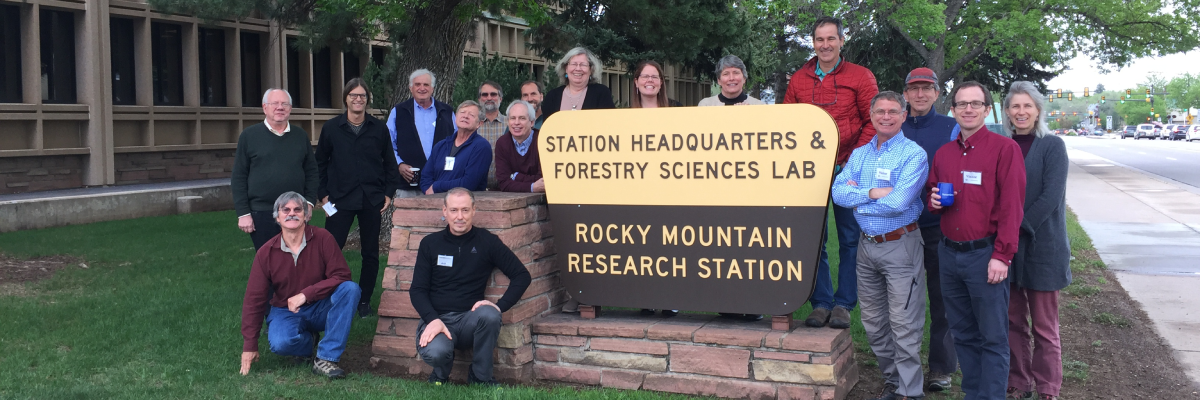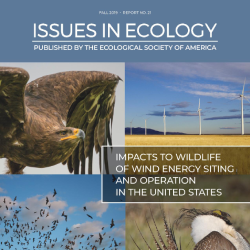Addressing Environmental Challenges
Providing a Forum
ESA’s Panel on Vegetation Classification works to ensure the scientific rigor of the U.S. National Vegetation Classification (USNVC). The USNVC helps land managers collaborate across ownership boundaries and manage and identify vegetation trends on landscape, regional, and national scales.
The Panel manages a peer review process for incorporating proposed changes into the classification and participates in a longstanding multi-agency partnership to support implementation.
The USNVC Review Board held a series of regional meetings (in OK, NC, and CO) in 2019 to work through regional classification issues and identify associate editors to participate in the USNVC peer review process. Panel members presented two webinars in April and May: an Introduction to the USNVC (available here), and Using Concepts and Products of the USNVC to Address Agency-Wide Business Needs (available here).

On March 14, ESA hosted a Dialogue on Wildland Fire Science in the Federal Government and the Role of Professional Societies. Representatives from the Joint Fire Science Program (JFSP), the Wildlife Society, the American Fisheries Society, the National Academies of Sciences, and the Society of American Foresters, along with ESA staff, discussed how societies can be involved in JFSP science delivery programs and how that science can inform policy.

ESA released Issue in Ecology No. 21 on Impacts to Wildlife of Wind Energy Siting and Operation in the United States. The Issue combines the expertise of 13 scientists from academia, industry, state and federal government, and conservation organizations. It summarizes what we know about the potential risks to wildlife associated with wind energy, current tactics to reduce these risks, and gaps in knowledge that call for further research. Co-authors presented a webinar on the Issue, available here.
Connecting Scientists to Resources
ESA launched a new program to provide members with additional opportunities to apply for research funding. The Chesapeake Watershed Cooperative Ecosystem Studies Unit (CESU) Grant Program helps ESA members gain access to funded research opportunities in the CESU network. More information about the program is available here.